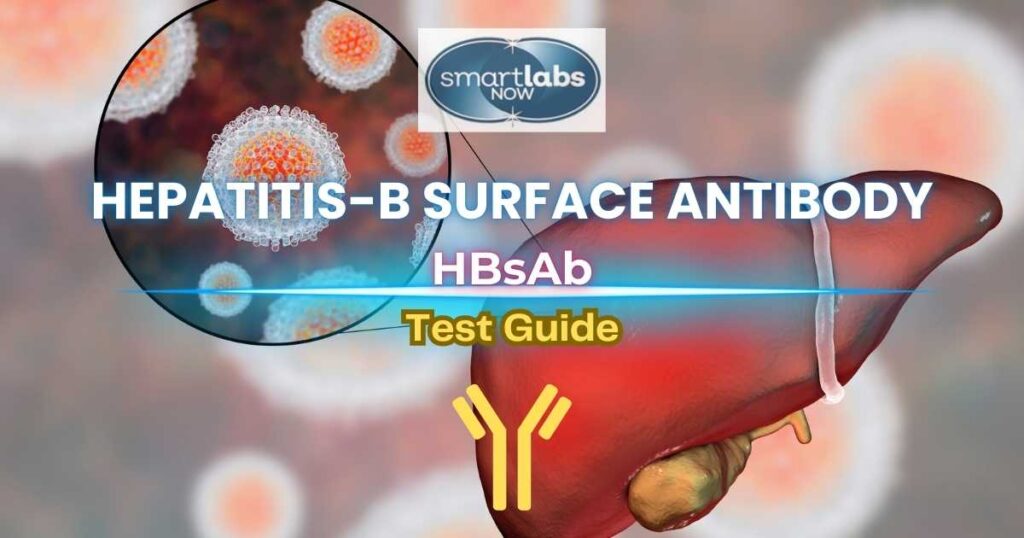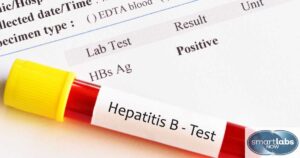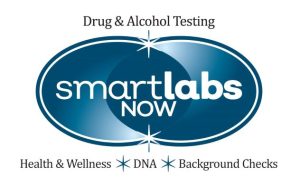
Hepatitis B is a liver infection – often sexually transmitted – caused by the hepatitis B virus (HBV), which affects millions globally. Chronic hepatitis B can lead to severe complications like liver cirrhosis and liver cancer. Understanding the body’s defense mechanisms against HBV, especially the role of hepatitis B surface antibodies (HBsAb), is crucial in preventing these complications.
In this article, we will dive into the world of hepatitis B surface antibodies. You’ll learn about their role in the immune system, how to test for them, and how to interpret the results.
By the end, you will understand the importance of HBsAb in monitoring and preventing HBV infection.

Antibodies are proteins made by the immune system to neutralize harmful invaders, like viruses and bacteria. Antigens, on the other hand, are the proteins found on the surface of these invaders, triggering the immune system’s response.
When an antigen enters the body, the immune system recognizes it as foreign and produces specific antibodies to bind to it. This antibody-antigen interaction helps neutralize and eliminate the pathogen. In the case of HBV, the immune system recognizes viral antigens like HBsAg and HBcAg and produces corresponding antibodies to fight the infection.
For hepatitis B, antibodies against the virus are crucial for neutralizing the infection and providing long-term immunity. For example, the hepatitis B surface antibody (HBsAb) is the key marker of immunity, whether through recovery from an infection or vaccination.

Hepatitis B antibodies are proteins produced by the immune system in response to an HBV infection or vaccination. These antibodies help the body recognize and fight off HBV, playing a crucial role in immunity.
When HBV enters the body, the immune system responds by producing antibodies to attack the virus. These antibodies not only fight off the active infection but also provide lasting protection, helping the body quickly neutralize the virus if exposed again.
Several antibodies and antigens are involved in hepatitis B, each serving a unique function:

The HBsAb test measures the presence of hepatitis B surface antibodies in the blood. There are several important reasons for conducting this test:
1. Diagnosing Immunity to HBV: A positive HBsAb result shows that you have protective immunity, either from a past infection or from vaccination.
2. Determining Past Infection with HBV: The test can help confirm if a person had a previous HBV infection, even if they have no symptoms.
3. Assessing the Effectiveness of the Hepatitis B Vaccine: This test can confirm whether the vaccine successfully triggered immunity after vaccination.
4. Monitoring Individuals at High Risk for HBV Infection: People frequently exposed to the virus, such as front-line health workers and those with immunity-compromising underlying conditions, need regular HBsAb testing to ensure their protection.
Certain populations benefit greatly from HBsAb testing, including:

The HBsAb test is simple and involves:
1. Blood Sample Collection: A healthcare provider draws a small blood sample, usually from a vein in the arm.
2. Laboratory Analysis: The sample is sent to a laboratory, where it is tested for the presence of hepatitis B surface antibodies.
The test itself is low-risk, but certain factors can influence the results. For example, individuals with compromised immune systems may not develop sufficient antibodies even after vaccination. Following up with additional tests is essential for a comprehensive understanding of your hepatitis B status.

A positive result means you have immunity to hepatitis B. This immunity can either be from a previous infection or from successful vaccination. If you’ve been vaccinated and have a positive result, you are considered protected from future HBV infections.
A negative result suggests that you are not immune to HBV, making you susceptible to infection. In this case, vaccination is usually recommended to protect against future HBV exposure.
While the HBsAb test indicates immunity, it’s often necessary to consider other hepatitis B markers like HBsAg and HBcAb for a complete diagnosis. These additional tests can reveal whether someone has an active or past infection, providing a clearer picture of their overall health.

Most people who contract acute hepatitis B recover on their own, but some may develop chronic infection. A positive HBsAb result often indicates successful recovery from a past infection.
A positive HBsAb result can be due to either previous vaccination or recovery from a natural HBV infection. Your doctor may use other markers, like HBcAb, to determine which applies to your situation.
Testing for HBsAb is often done after completing the hepatitis B vaccine series or after suspected HBV exposure. Regular testing may be part of routine care for healthcare workers and others at risk.
HBV spreads through contact with infectious body fluids, making certain groups, like healthcare workers, people who inject drugs, and those born in high-prevalence areas, more vulnerable.
Hepatitis B can be prevented with vaccination. For those already infected, antiviral medications are available to manage chronic hepatitis B, reducing the risk of severe liver complications.

Hepatitis B surface antibodies (HBsAb) play a vital role in determining your immunity to hepatitis B. Whether through vaccination or past infection, understanding your HBsAb status helps you take control of your health.
Regular testing is particularly important for high-risk individuals, and if you’re unsure of your immunity, it’s always a good idea to get tested.
For Portland residents and visitors, you can book a quick, affordable screening today by signing up here 🤓:
Please consult your primary care physician before engaging with any pharmaceutical, natural substances, or activity regimens mentioned or prescribed in this post. Smart Labs Now is not responsible for any health or life outcomes resulting from the use of the information or recommendations provided. This account does not serve as a substitute for professional medical advice.